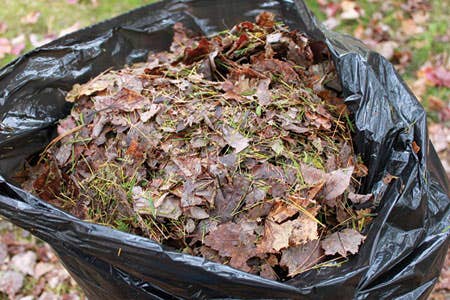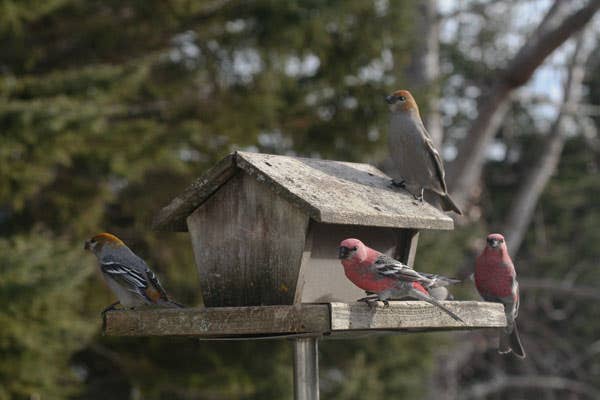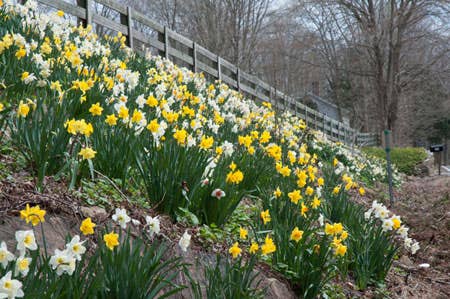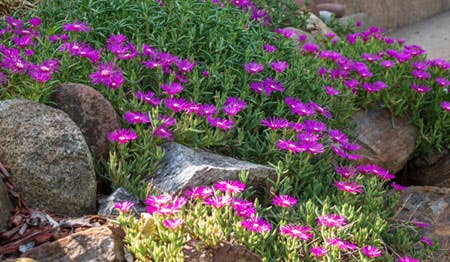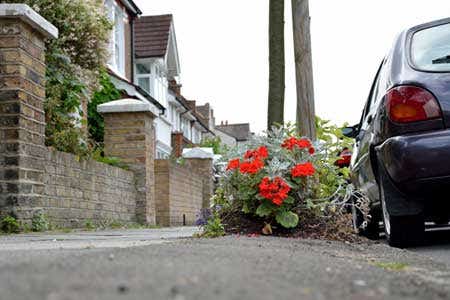Junior Master Gardeners in Latin America
In 2009, volunteers from Texas A&M trained Guatemalan teachers and community leaders in horticulture so that they could in turn teach their students to be Junior Master Gardeners, improve science and math skills and help the local economy through gardening.
Lisa Whittlesey is the AgriLife Extension program specialist and national Junior Master Gardener coordinator based at Texas A&M. She told Horticulture about Junior Master Gardener outreach in South America.
Horticulture: Tell us about your garden project.
Lisa Whittlesey: Last year about 35 Guatemalan teachers and community leaders and more than 20 children participated in the first of many Junior Master Gardener (JMG) and train-the-trainer presentations initiated by Texas A&M University and run by Texas Master Gardener volunteer Norma Santos of Edinburg, Texas, and Texas A&M student Anais Carrillo. “We present the training to teachers and area leaders who in turn share the information with young people in their classes or communities,” Santos says. “The JMG program teaches about horticulture, and also about science and math through practical applications.”
H: Who benefits from this train-the-trainer program?
LW: Santos learned about the initiative to bring the JMG program and the train-the-trainer process to Central America through her participation in the Master Gardener program in Hidalgo County in south Texas. “While the JMG program is targeted at elementary and middle school youth, adults involved in the program also benefit,” she says. Santos noted that during her Guatemala training one community leader picked up tips about planting coffee bean seeds in small containers, while another learned about how to plant sunflowers as a potential cash crop for a nearby village.
H: What about the language differences?
LW: Junior Master Gardener materials, including the Teacher/Leader Guide, have been translated into Spanish for this initiative. Program presentations are conducted in Spanish and, when necessary, indigenous regional dialects.
H: What’s next for the program?
LW: We’re working with other organizations to help expand the program throughout Latin America. One of those organizations is the Amigos de las Americas organization in Houston, which helps find community service opportunities in Latin American countries for young adults from the U.S.
H: Where else will the program be presented?
LW: For the next step in the program’s expansion into Central America, administrators have arranged for a similar training program in Honduras in 2009. They also are firming up plans for bringing the program to Panama. Both efforts are being coordinated with the support of former Texas A&M students in those countries.
H: What topics does the JMG and train-the-trainer program cover?
LW: Program materials were produced by horticultural experts at Texas A&M. Some of the topics covered include plant growth and development, soils and water, ecology and environmental horticulture, insects and diseases, landscaping, fruits and nuts, vegetables and herbs, and learning about life skills and possible careers.
H: Who backs this program?
LW: Initial program efforts have been implemented through the Master Gardener and Junior Master Gardener volunteer programs, the Norman Borlaug Institute for International Agriculture, and Texas A&M Aggie clubs in participating countries.
Whittlesey said she also has received inquiries about bringing the program to Mexico and Argentina, but that it is being initiated in Central America in part because Texas A&M already had a presence there through its Borlaug Institute.
Personnel and training facilities in Guatemala were available for program support due to the institute’s involvement in two Food for Progress projects funded by the USDA.
Learn more about the Junior Master Gardener (JMG) program.
The Junior Master Gardener program is an international youth gardening program with the stated mission “To grow good kids by igniting a passion for learning, success and service through a unique gardening education.” Twenty-eight universities nationally implement the program at the state level. Texas A&M University serves as the headquarters for the National Junior Master Gardener program.
Learn more about the Borlaug Institute.
The Norman Borlaug Institute for International Agriculture was named for Dr. Norman Borlaug, Nobel Peace Prize laureate, father of the Green Revolution and distinguished professor at Texas A&M. Building on Dr. Borlaug's work, the mission of the Borlaug Institute is to employ agricultural science to feed the world’s hungry, and to support equity, economic growth, quality of life and mutual respect among peoples.



